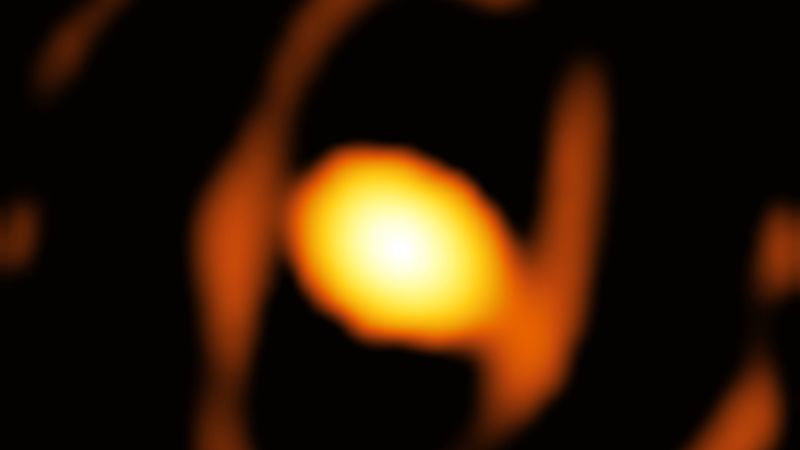
Non-Regenerable Sorbents
Non-regenerable sorbents are materials used in spacecraft life support systems to remove carbon dioxide (CO2) from the cabin atmosphere. Unlike regenerable sorbents, non-regenerable sorbents cannot be reused after they have reached their CO2 adsorption capacity. Non-regenerable sorbents are typically made of lithium hydroxide (LiOH) or soda lime and are used in emergency situations or when regenerable sorbents are not available. Once the non-regenerable sorbent has reached its capacity, it must be replaced with a new sorbent canister. Non-regenerable sorbents are also used in space suits to remove CO2 exhaled by astronauts.
Your Previous Searches
Random Picks
- Electrochemical Systems: Electrochemical systems refer to the devices or processes that involve the transfer of electrons between an electrode and an electrolyte. In the context of space and astronautical engineering, electrochemical systems are used for a variety ... Read More >>
- Semiconductor Substrate: A semiconductor substrate is a material on which a semiconductor device is fabricated. It provides a foundation for the device and is typically made of silicon, although other materials such as gallium arsenide may also be used. The substra ... Read More >>
- Side Effects: In space and astronautical engineering, side effects refer to the unintended consequences or outcomes of a particular action or decision. These can include both positive and negative effects, and can occur in a variety of contexts, such as ... Read More >>
Top News

Archaeologists discover 4,000-year-old canals used to fish by predecessors of an...
Using drones and Google Earth imagery, archaeologists have discovered a 4,000-year-old network of earthen canals in what’s now Belize...
News Source: ABC News on 2024-11-22

First close-up image of a star beyond our galaxy may reveal impending supernova...
Astronomers have taken the first close-up image of a star beyond our galaxy, and it’s a “monster star” surrounded by a cocoon as it slowly dies....
News Source: CNN on 2024-11-21

Bestselling author explains the science of happiness: "You can do the work"...
Bestselling author and Harvard professor Arthur Brooks opens up about how enjoyment, satisfaction and meaning in life can increase a person's wellbeing....
News Source: CBS News on 2024-11-18

November's full moon, known as the Beaver Moon, is the last supermoon of 2024. H...
November's full moon, known as the Beaver Moon, is the last supermoon of 2024. Here's when it peaks and why it's called the Beaver Moon....
News Source: CBS News on 2024-11-15

You can't put a price on the sense of awe particle physics inspires...
Astronomy and particle physics are no longer seen as vital by the US establishment, so funding has fallen. But our work creates a sense of wonder, and wonder matters, says Chanda Prescod-Weinstein...
News Source: New Scientist on 2024-11-13